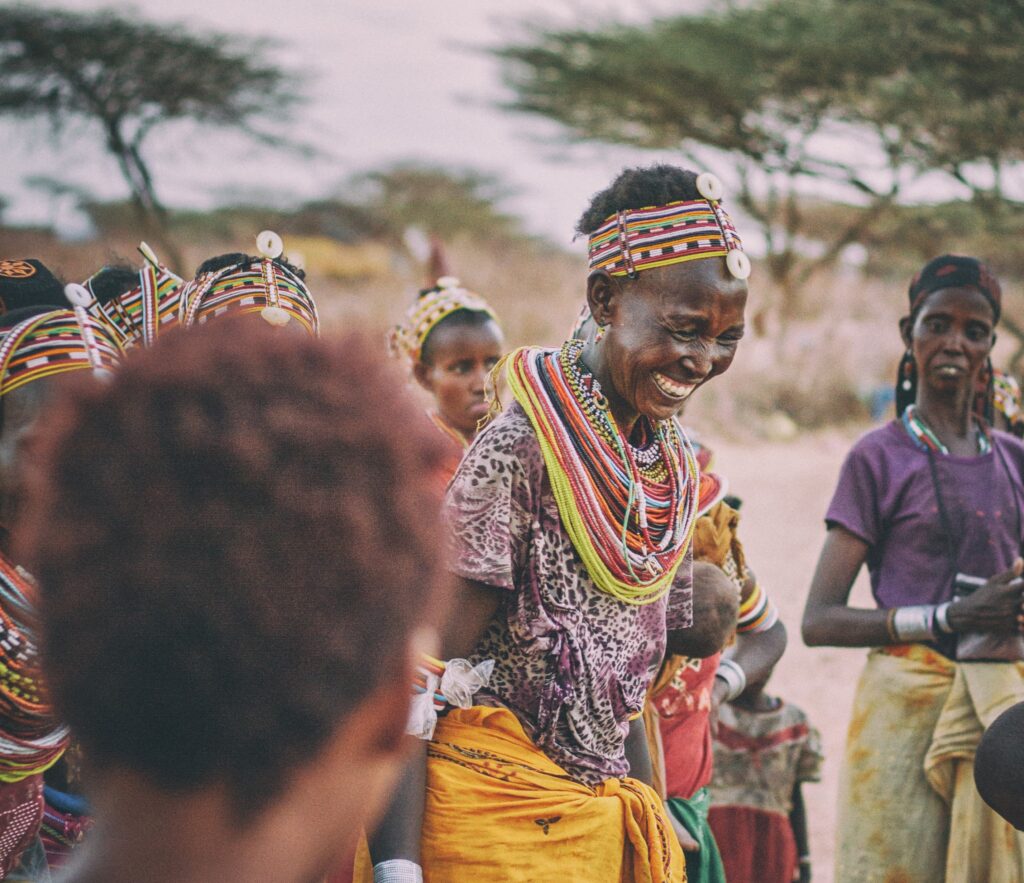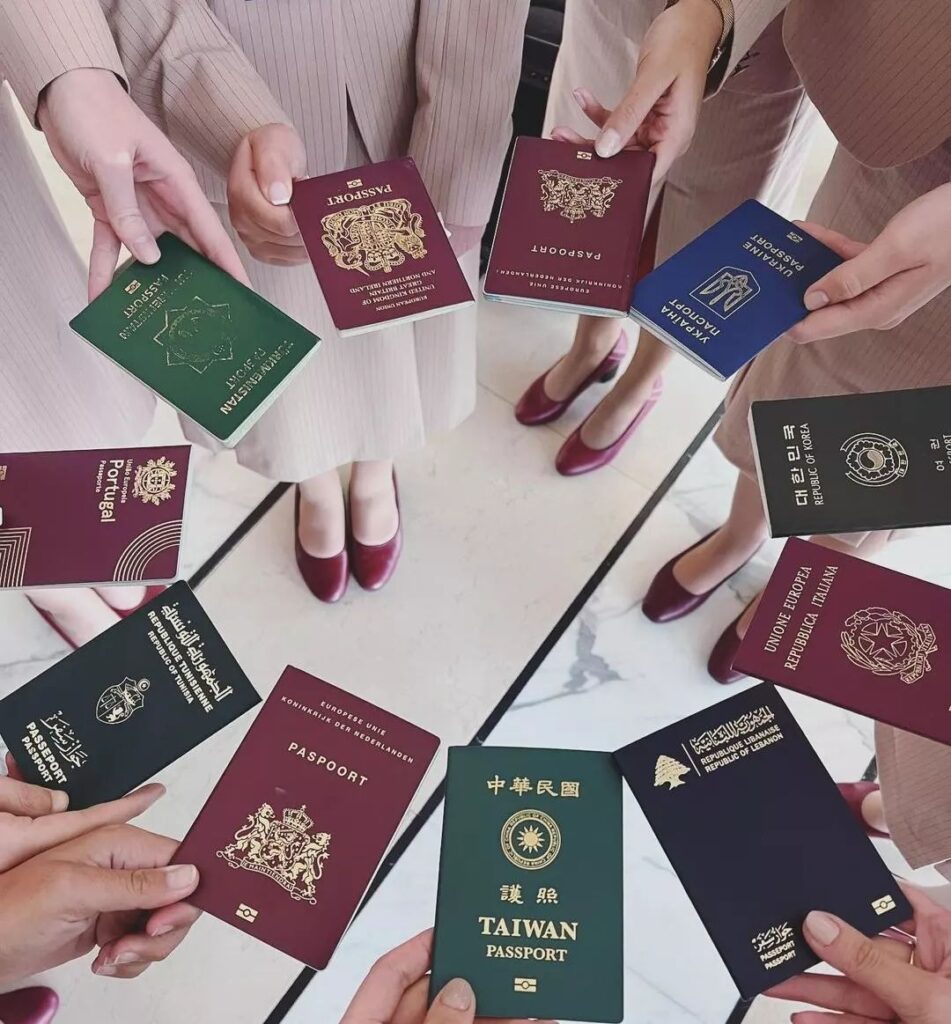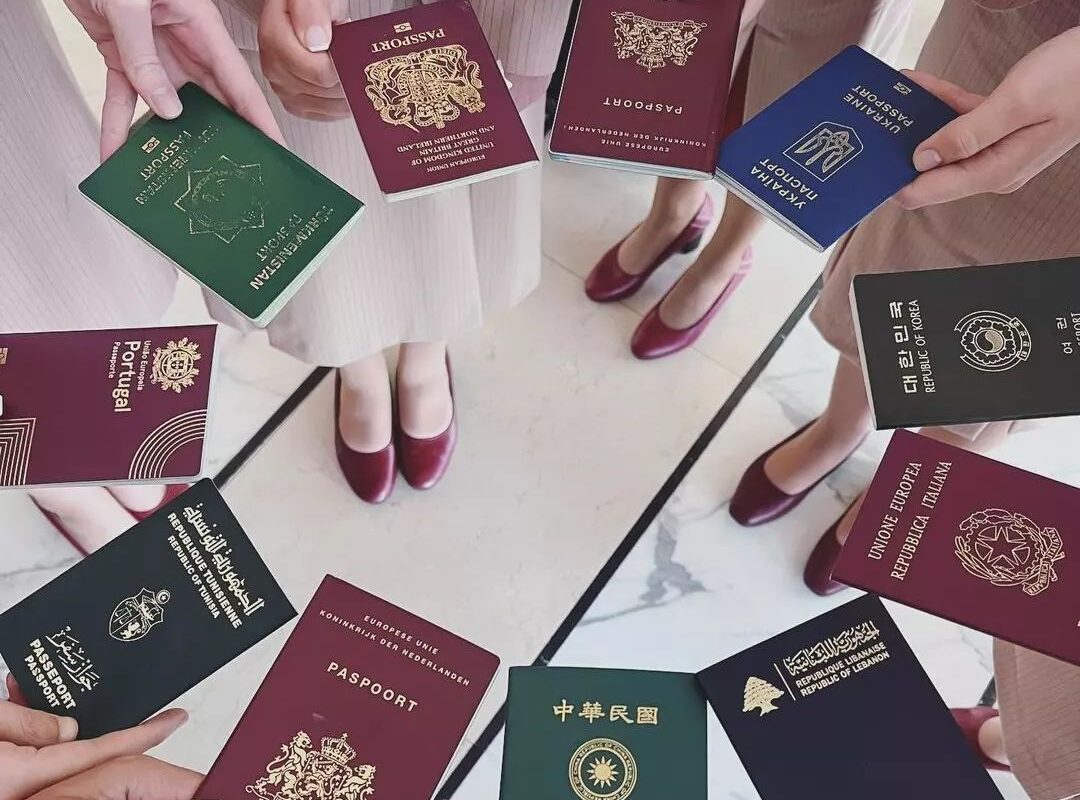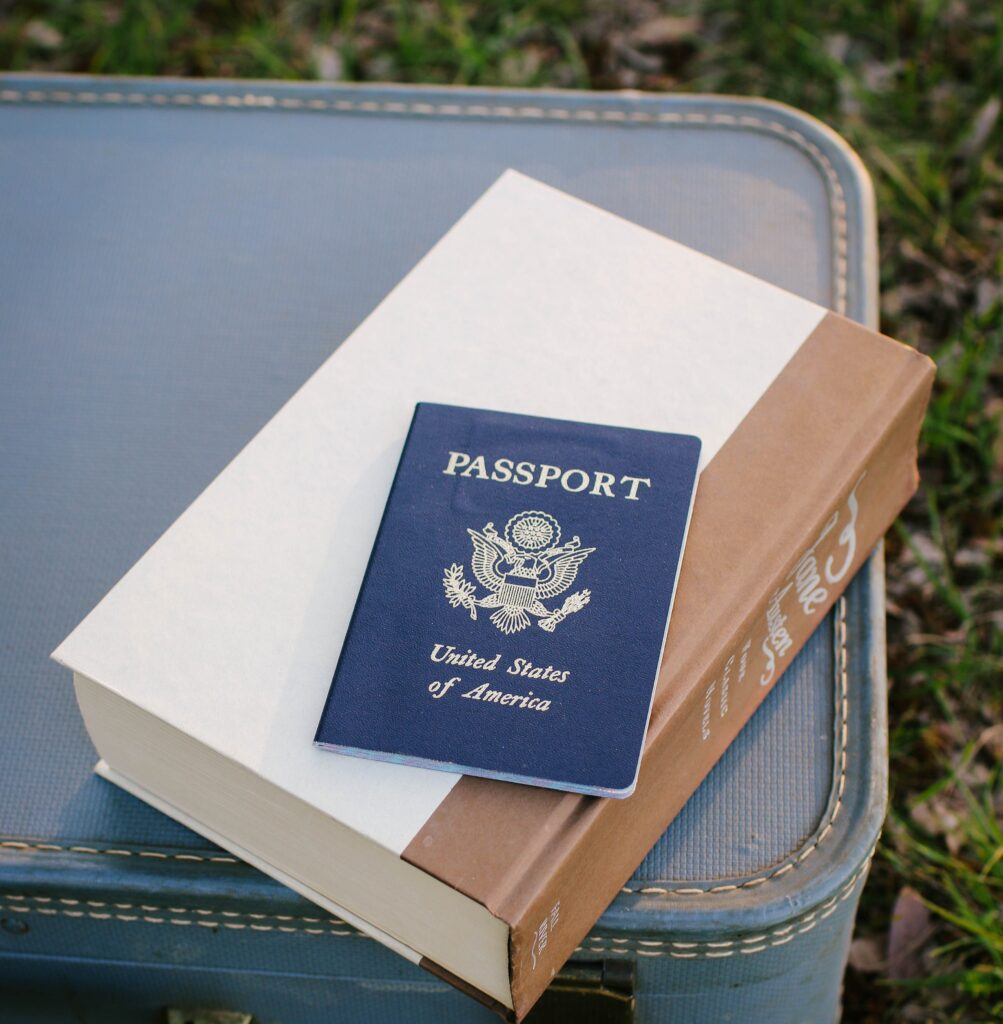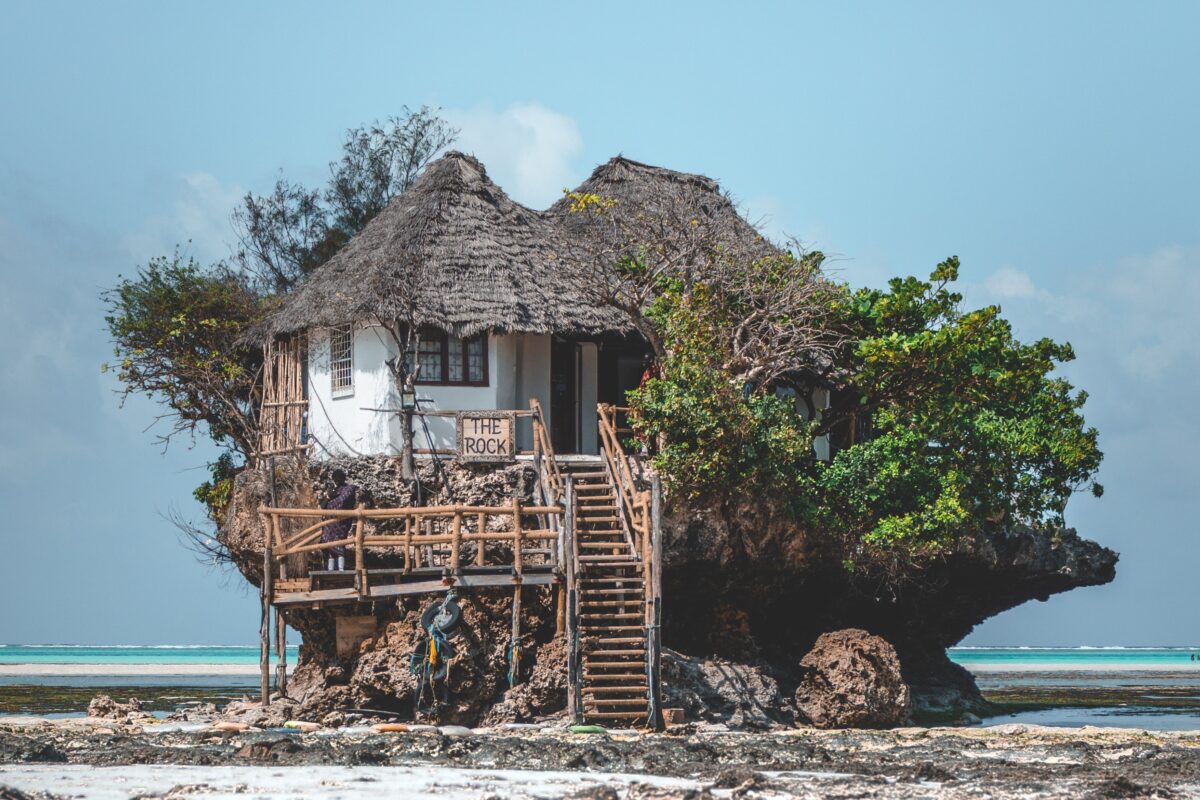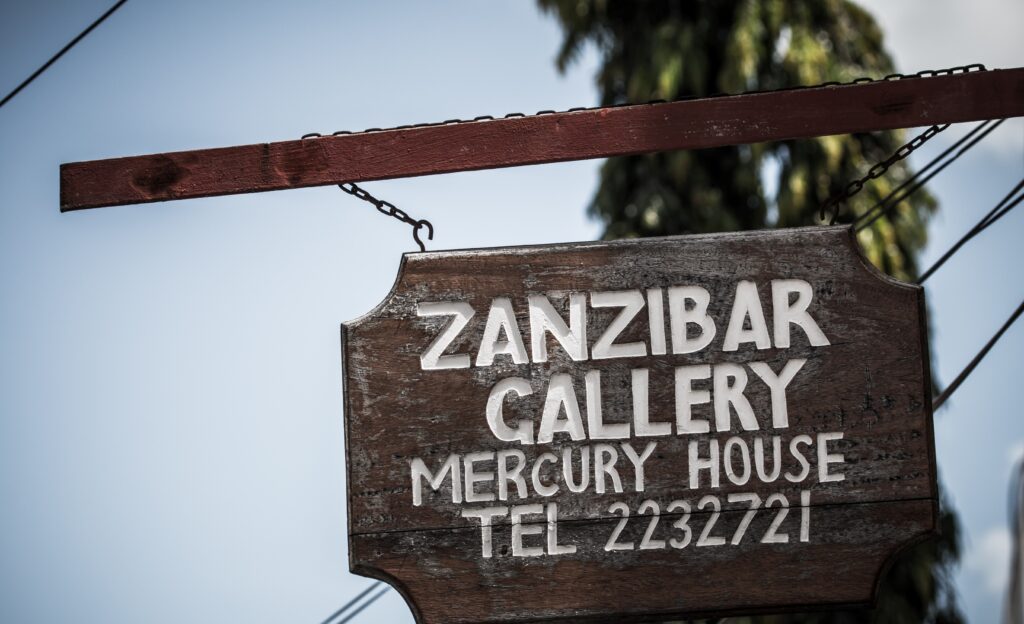
The Namibian government, in a move that could be titled “Reciprocity or Bust,” has decided to impose visa requirements on countries that haven’t reciprocated Namibia’s visa policies. Etienne Maritz, the executive director at MHAISS, cheerfully delivered this news.
This tit-for-tat policy will target 31 countries, including Belgium, Canada, Denmark, Finland, France, Germany, the United Kingdom, and the United States. One could almost hear the collective gasp from these nations.
Maritz, cited by Xinhua News, explained with a straight face that visitors from these 31 countries will now need to jump through the hoops of an online application and cough up the necessary fee to get a visa upon arrival in Namibia. Nothing like a little bureaucratic red tape to spice up your travel plans!
He further added that the ministry will, at some indeterminate future date, graciously announce the implementation date and application procedures through diplomatic channels. So, keep your ears to the ground, folks.
For those curious about the nitty-gritty, the ministry promises to provide guidelines and procedures for issuing visas to travelers from the impacted nations. Because who doesn’t love a good procedural manual?
Namibian Citizens Can Travel Visa-Free to 53 Countries
In the meantime, as of May 2024, the Namibian passport proudly holds the 127th spot on the VisaGuide Passport Index. This lofty ranking allows Namibian passport holders to swan into 53 countries worldwide without the hassle of a visa.
On the flip side, Namibian citizens still need to secure visas for 124 other countries. But hey, what’s a little paperwork and waiting in line when you’re on a grand adventure?






